Explore Fun and Educational Printable Science Worksheets for Kids Aged 4-6 - Life Science Answer Key
16 filtered results
-
From - To
Explore the Wonders of Nature with Our Life Science Worksheets!
Dive into the exciting world of life science with our specially designed worksheets for ages 4-6! Tailored to spark curiosity and foster a love for the natural world, these activities introduce young learners to the basics of life science in a fun, engaging way. From exploring the life cycles of plants and animals to understanding the environment they thrive in, our worksheets are perfect for inquisitive minds ready to explore the world around them. With our Life Science for Ages 4-6 pack, watch your little one grow their knowledge and passion for science, setting a strong foundation for lifelong learning.
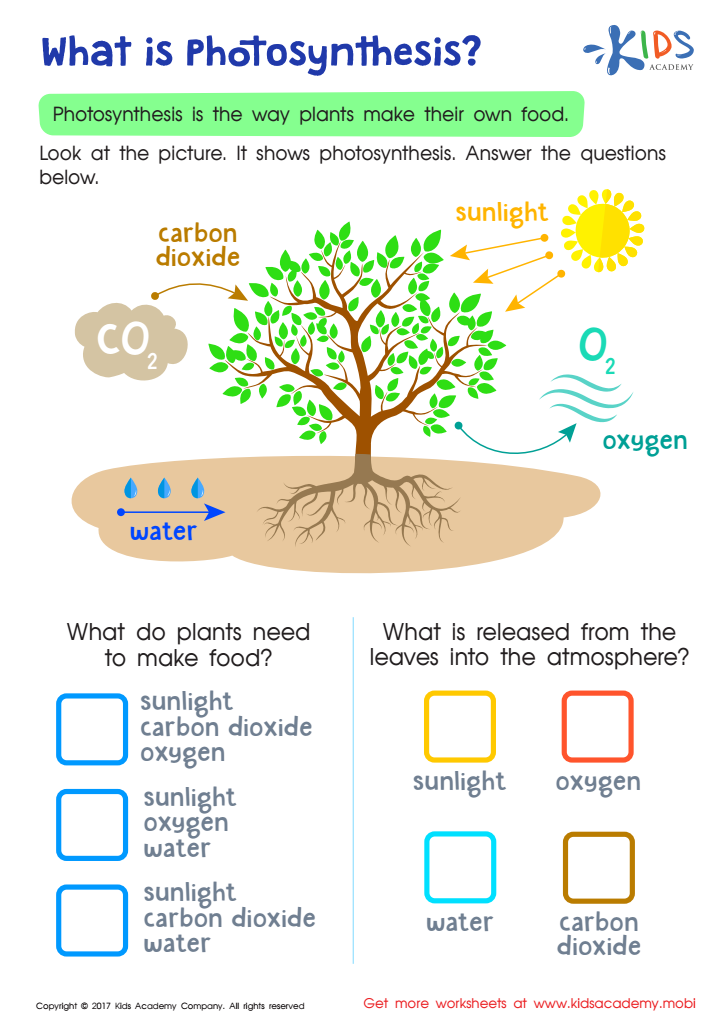

What is Photosynthesis Printable
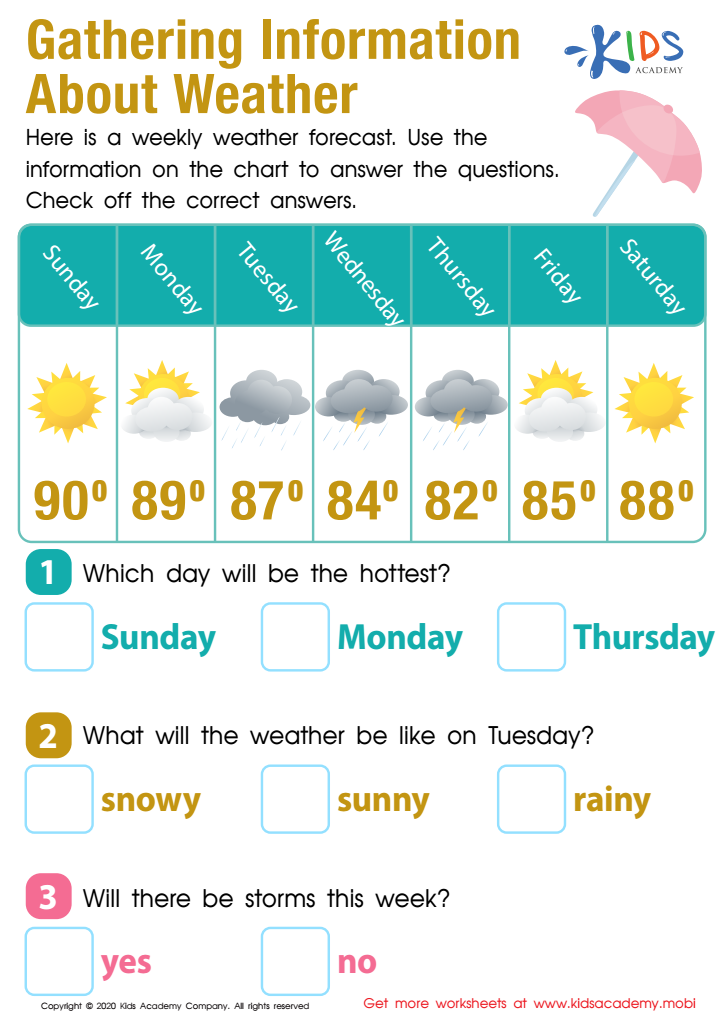

Gathering Information About the Weather Worksheet
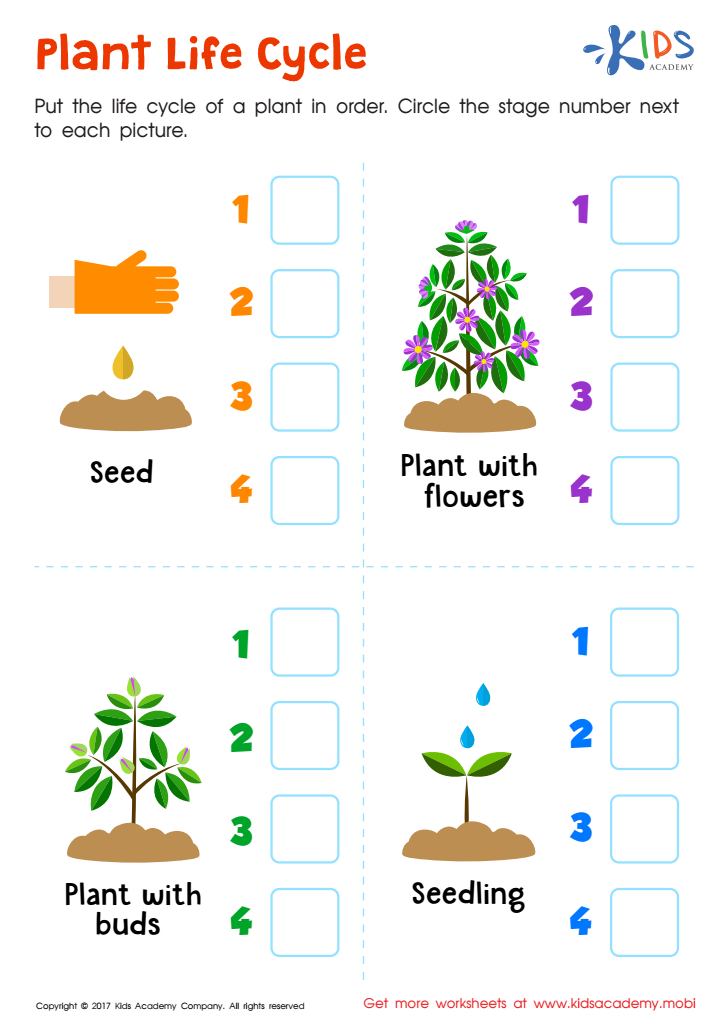

Plant Life Cycle Printable
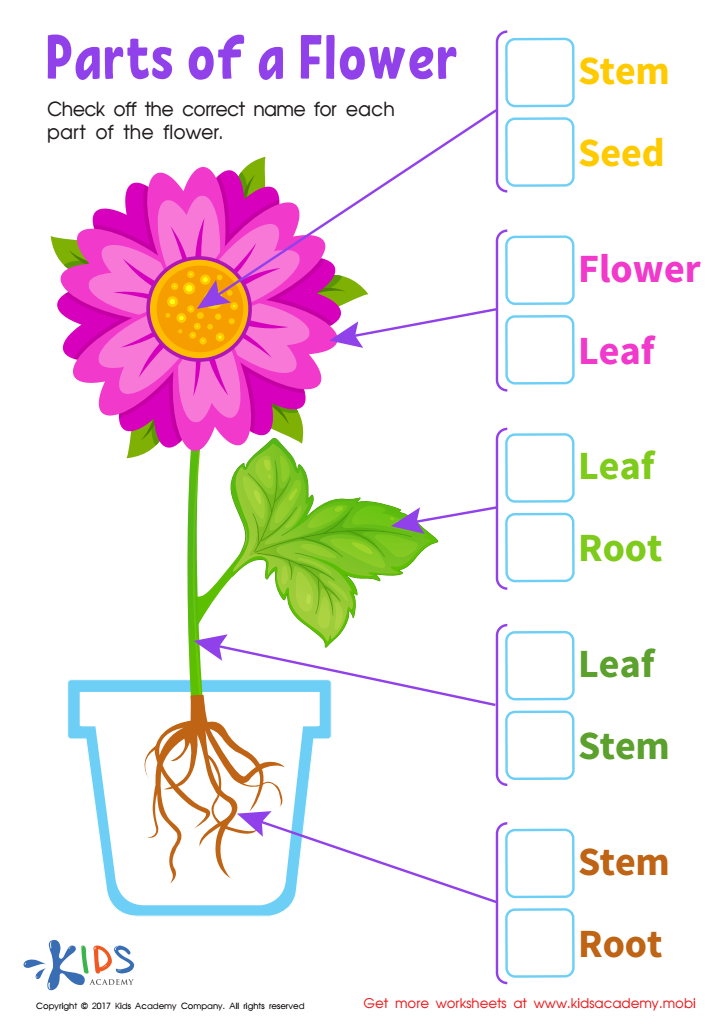

Parts Flower Printable


Herbivores Printable
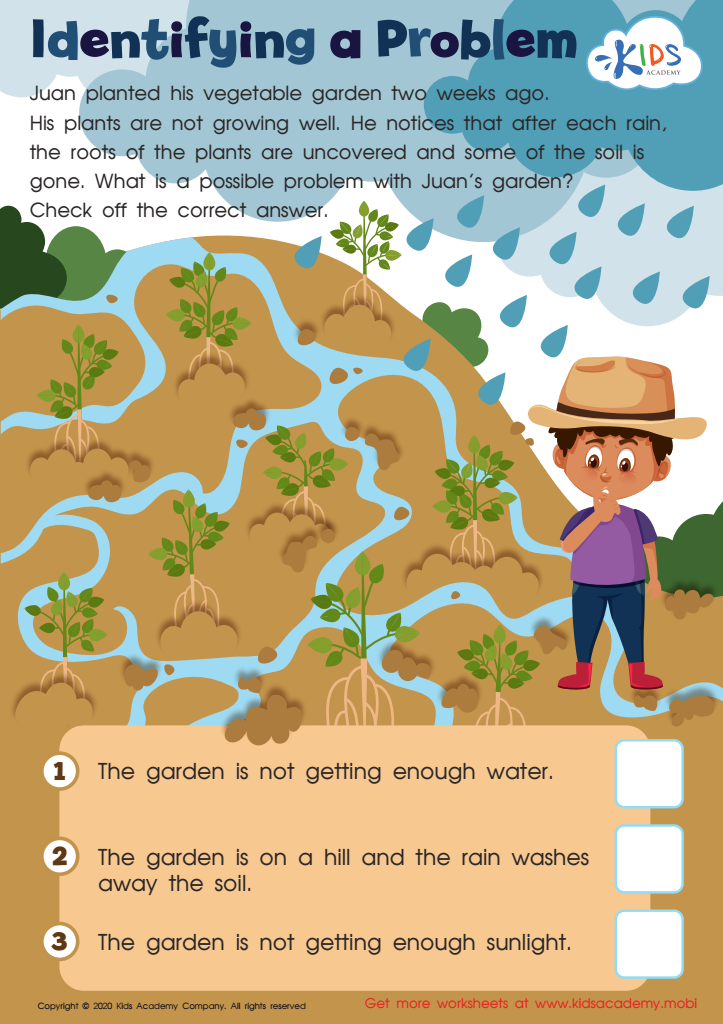

Identifying a Problem Worksheet
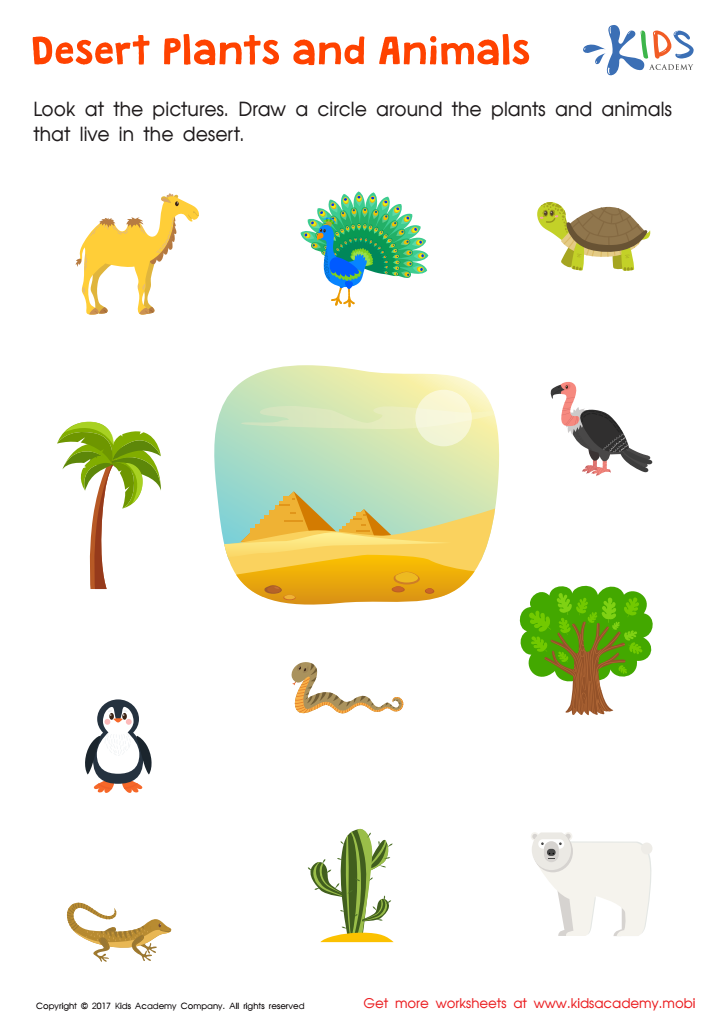

Desert Plants Animals Printable


Carnivores Worksheet
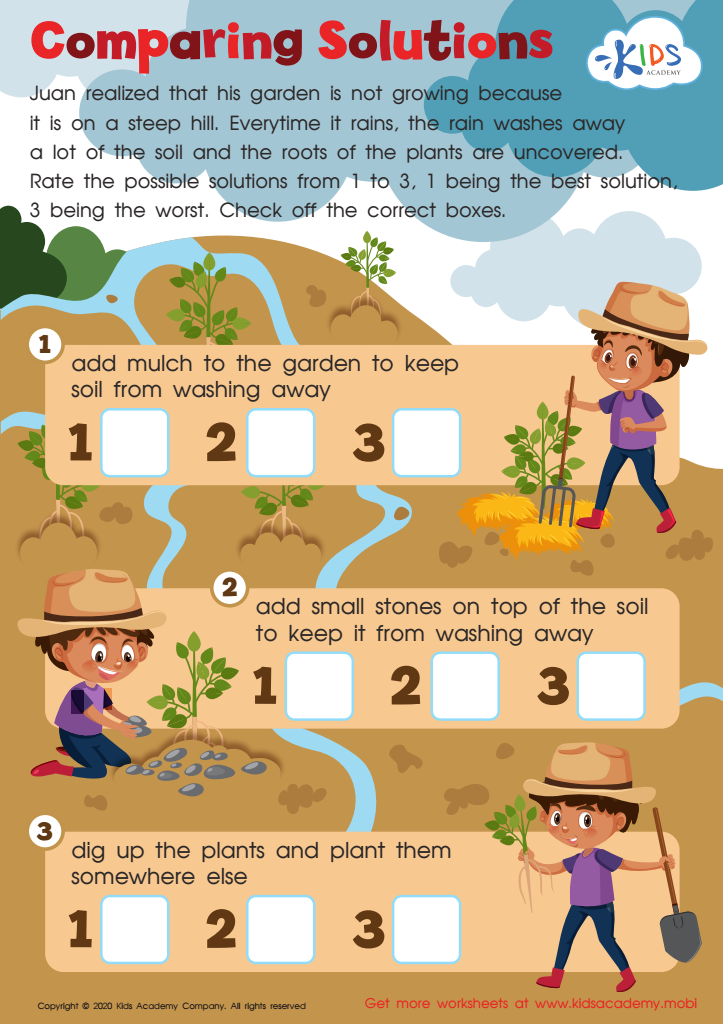

Comparing Solutions Worksheet
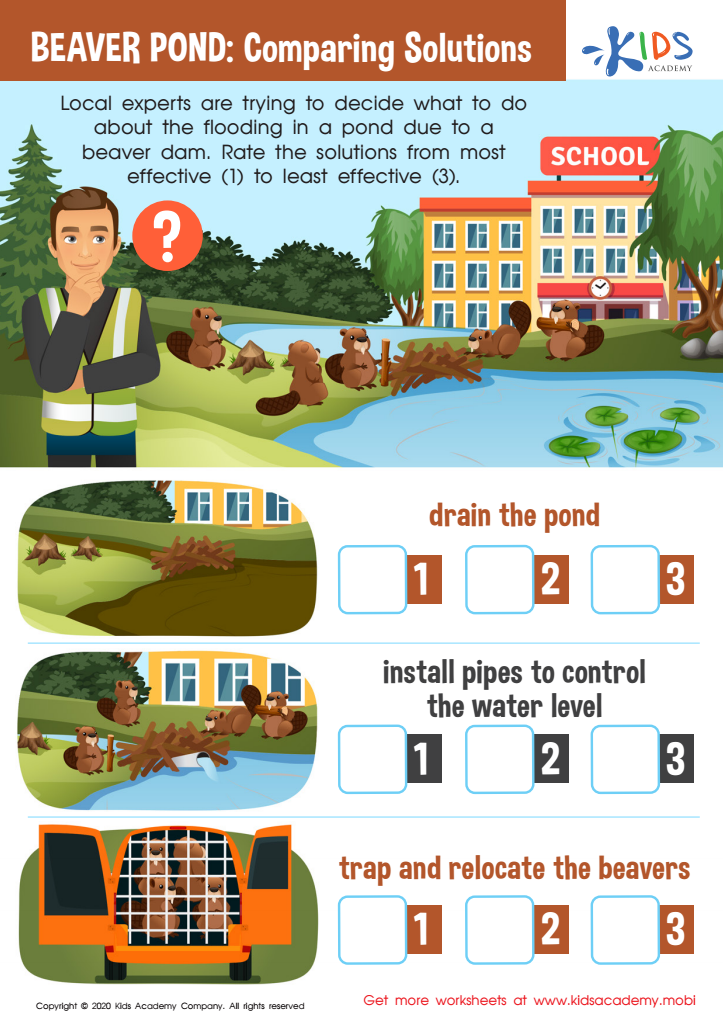

Beaver Pond: Comparing Solutions Worksheet
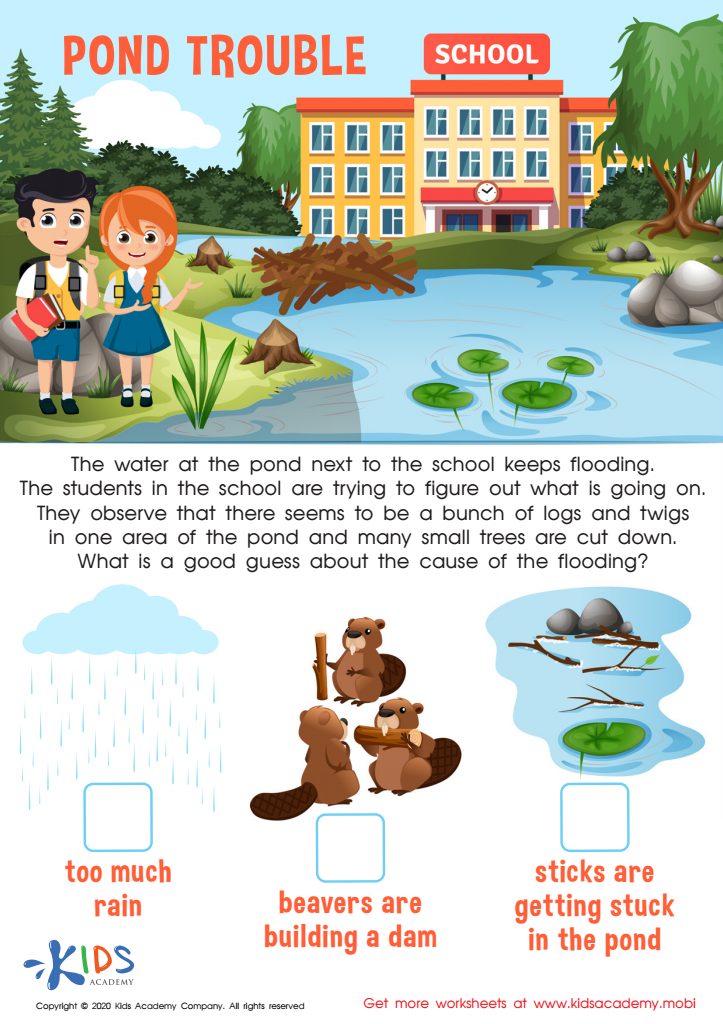

Pond Trouble Worksheet
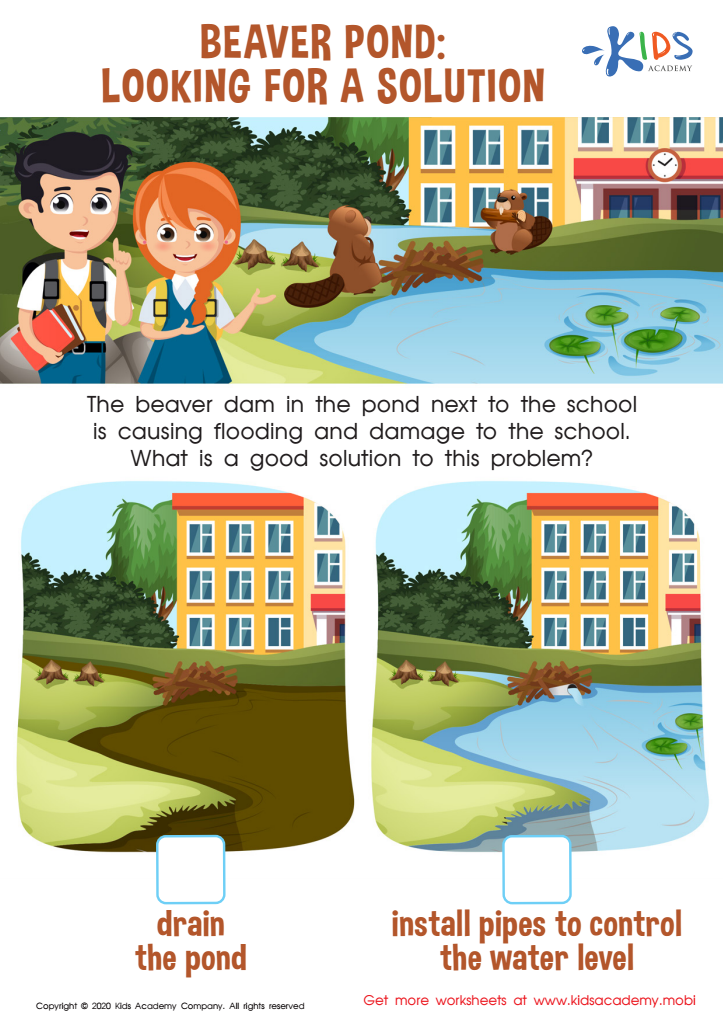

Beaver Pond: Looking for a Solution Worksheet
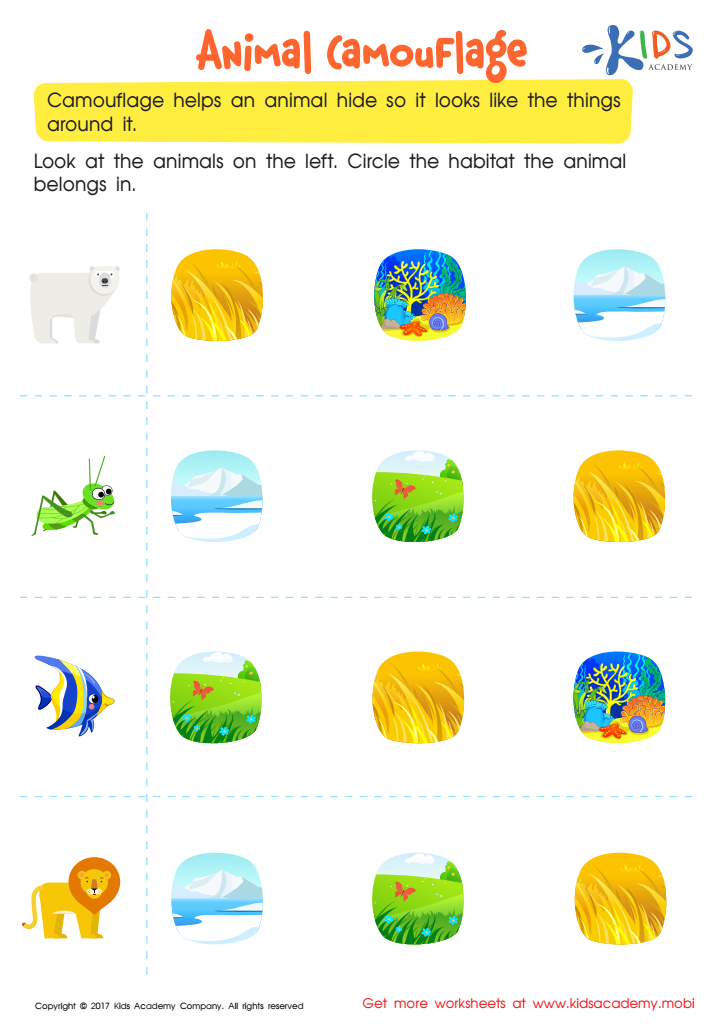

Animal Camouflage Worksheet
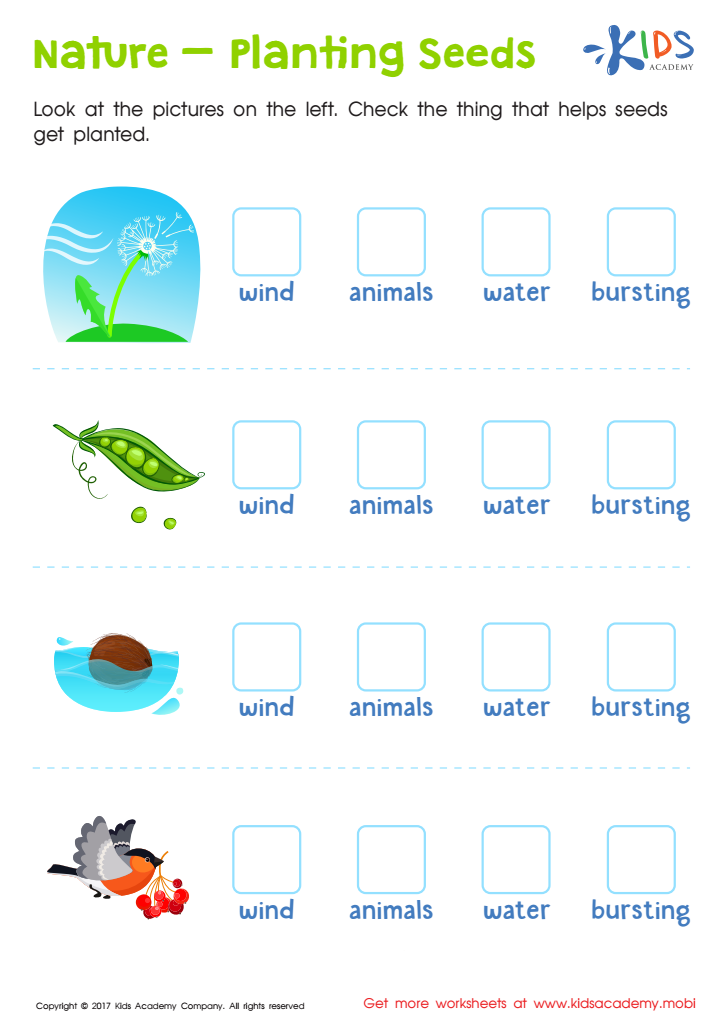

Nature Planting Seeds Worksheet
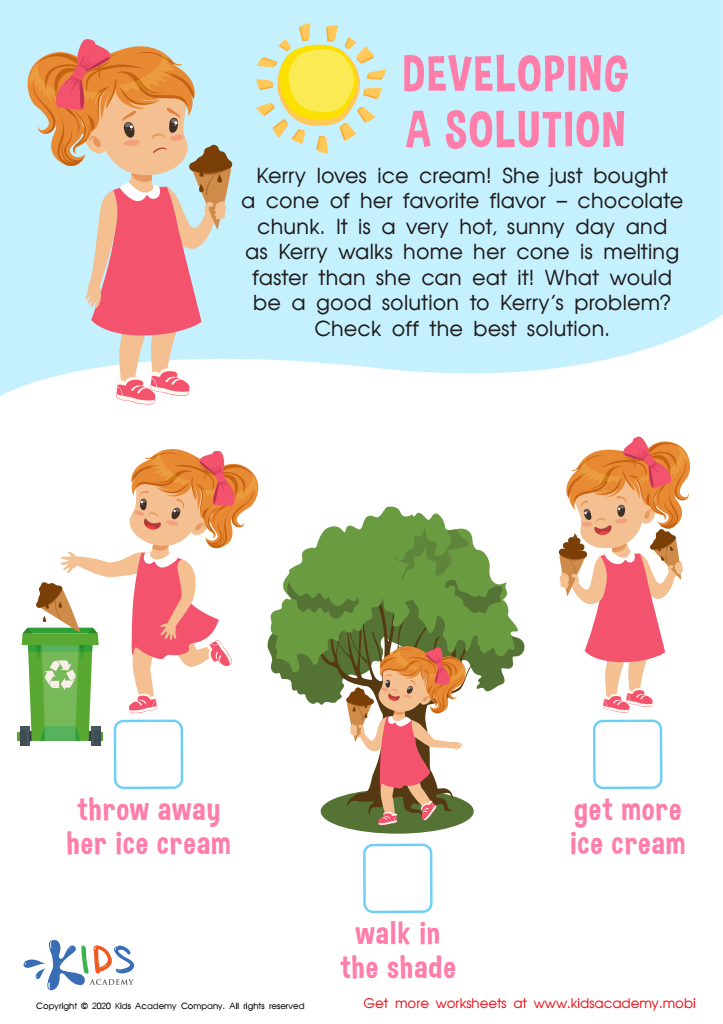

Developing Solution Worksheet
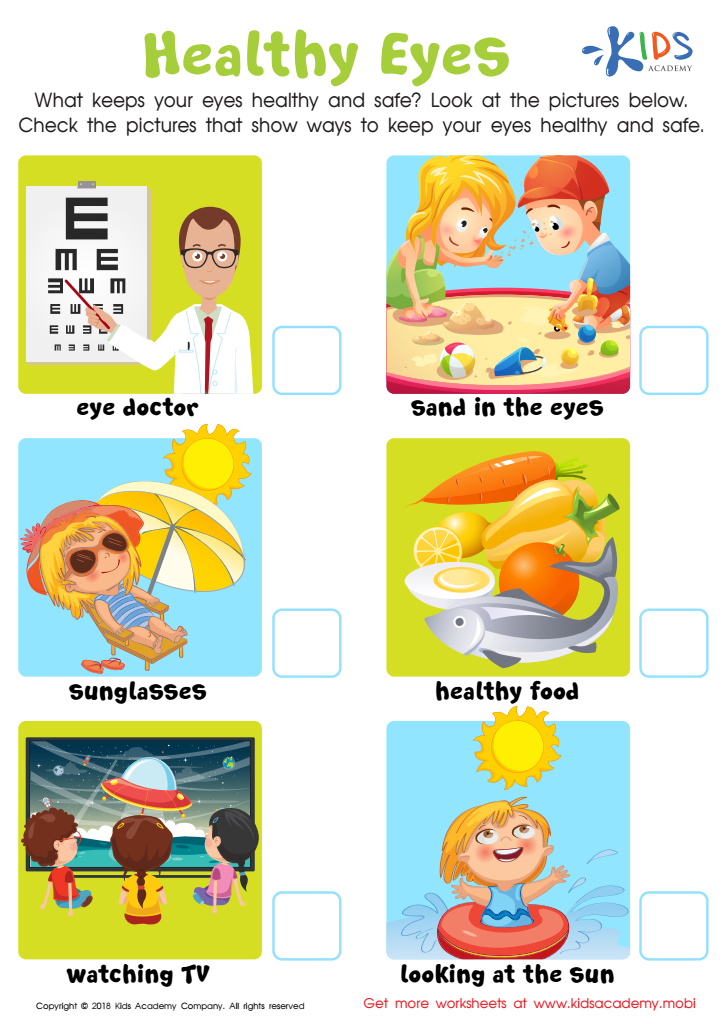

Healthy Eyes Worksheet
Worksheets on Life Science for Ages 4-6 serve as a foundational tool in nurturing young minds about the wonders and basics of the living world. At this tender age, children are naturally curious and eager to explore their environment. By integrating Life Science worksheets designed specifically for ages 4-6, educators and parents can provide structured yet engaging opportunities for children to begin understanding fundamental biological concepts.
These worksheets not only introduce children to simple life science topics, such as plants, animals, human body parts, and their functions, but also encourage critical thinking, observation, and the development of fine motor skills through activities like coloring, matching, and tracing. The variety of exercises keeps the learning process fun and interactive, helping children to retain information more effectively.
Moreover, Life Science worksheets for ages 4-6 lay an important foundation for future scientific learning and inquiry. They help children develop a sense of wonder and respect for nature, instill basic scientific methodologies, and encourage questions about the natural world. As children grow, this early exposure to life sciences through worksheets can spark a lifelong interest in exploring and understanding the complexities of life on Earth. Consequently, these educational resources are invaluable in shaping the scientists, ecologists, and informed citizens of tomorrow.
 Assign to My Students
Assign to My Students















